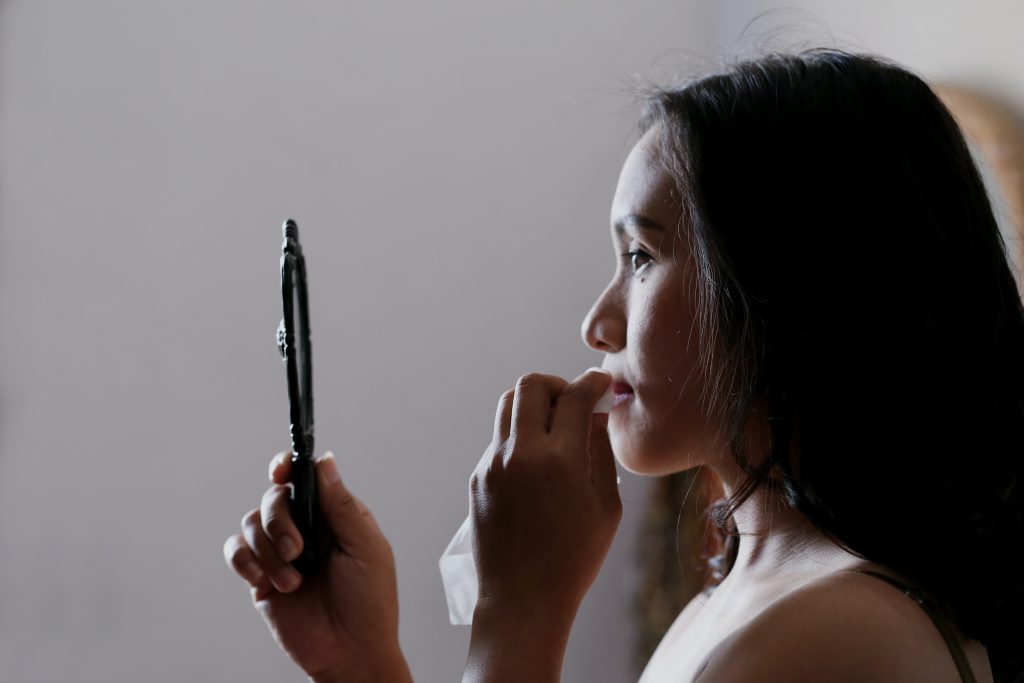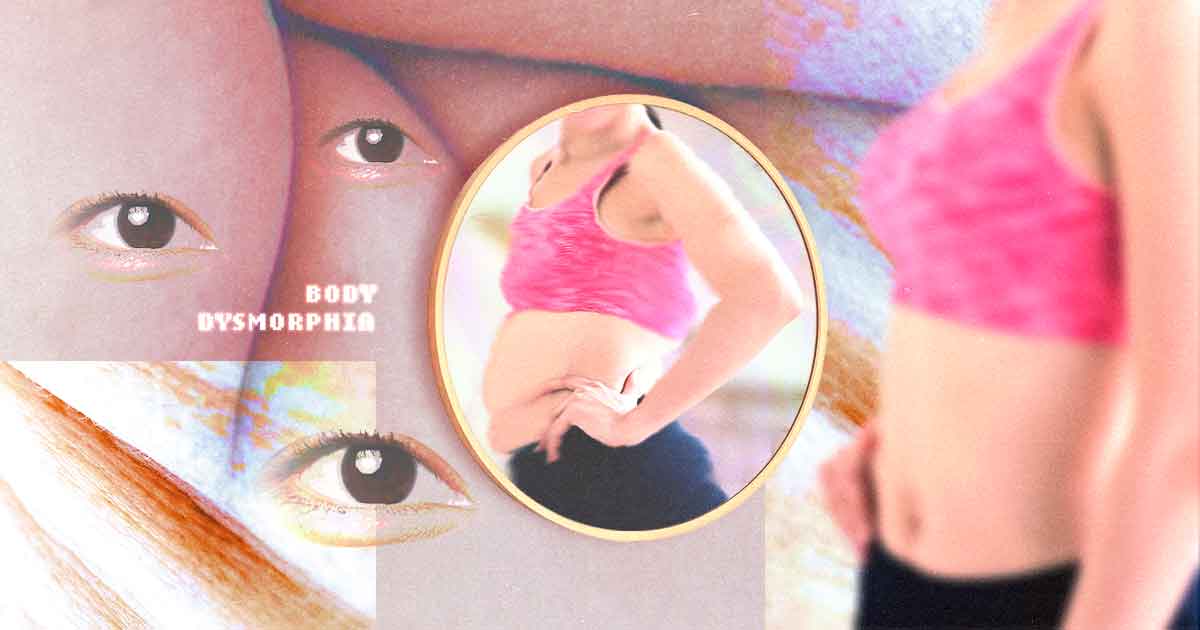Have you ever had a friend that was just a tad too obsessive about the way they looked? Maybe they were always looking at mirrors (or avoiding them altogether) or were completely focused on hiding a certain part of themselves. Maybe they were also constantly comparing their face and body to others, wishing that they looked a certain way.
Read: Loving My Body Is Something I Never Thought Would Happen in Lockdown
Were you ever that friend?
This kind of behavior may seem common for teens and young adults, but now, doctors are diagnosing it as body dysmorphia disorder, or BDD. Without proper knowledge and awareness, this condition can get dangerous. Read on to find out why.
What is it?

BDD is a mental health disorder wherein the person afflicted is constantly in a state of worry over their appearance. Many of the flaws are miniscule and are mostly unseen by others, though to the affected person, it can be a legitimate stressor. The condition can affect both men and women, and is mostly seen in teens and young adults. Symptoms include obsessively picking at the skin, exerting extreme effort in covering up “flaws,” and/or frequently seeking the opinions of others.
What can it do?

Some may say that BDD is “all in your head” or is a byproduct of being vain, but the risks of the condition are serious. Those who suffer from BDD live in a constant state of worry, fear, and anxiety over their appearances. Many will result to extreme lengths to cover up what they perceive to be imperfections. In fact, according to the BBC, around 15% of people seeking plastic surgery are thought to have BDD. After plastic surgery, fewer than 10% of BDD patients are reported to be satisfied with the results.
This obsession with one’s appearance and inability to achieve the “perfect” look can easily lead to depression and, in some cases, suicide.
What can you do about it?

There are many resources available to those suffering from BDD, but more often than not, the feelings of shame and embarrassment will keep patients from coming forward. It’s important, however, to seek out a mental health professional for extra help. They will most likely recommend cognitive behavioral therapy, either done in an individual or group setting, to help identify triggers and teach you to work through them.
For more advanced cases, antidepressants may be prescribed to ease feelings of anxiety. Another possible treatment could be family therapy, where family members are called in to offer support and share in the patient’s negative or anxious feelings.
While BDD has yet to reach the spotlight in mental health, it is getting there. More and more people are becoming aware of the condition, which makes understanding and sharing information more feasible. If you know someone suffering from BDD, don’t hesitate to offer your support or recommend them to a mental health professional.
Art Daniella Sison























